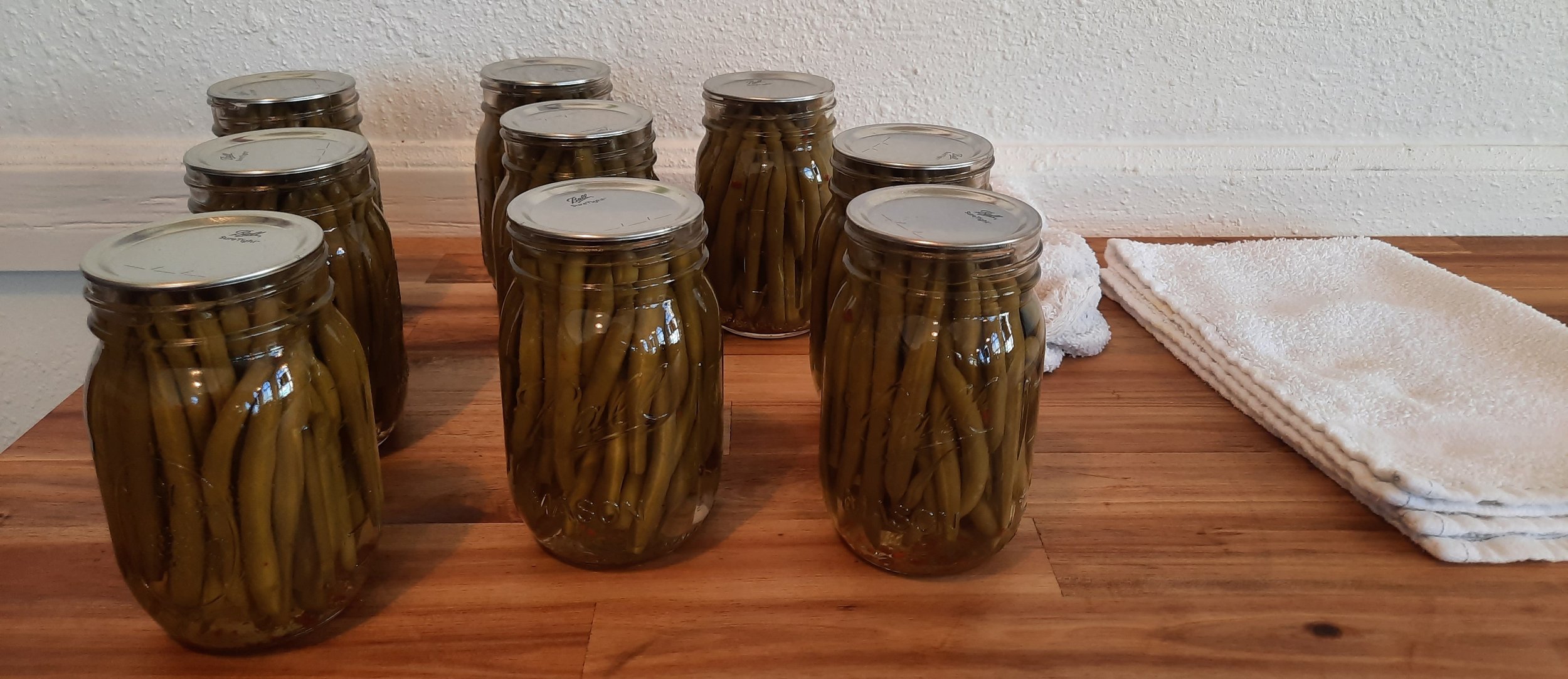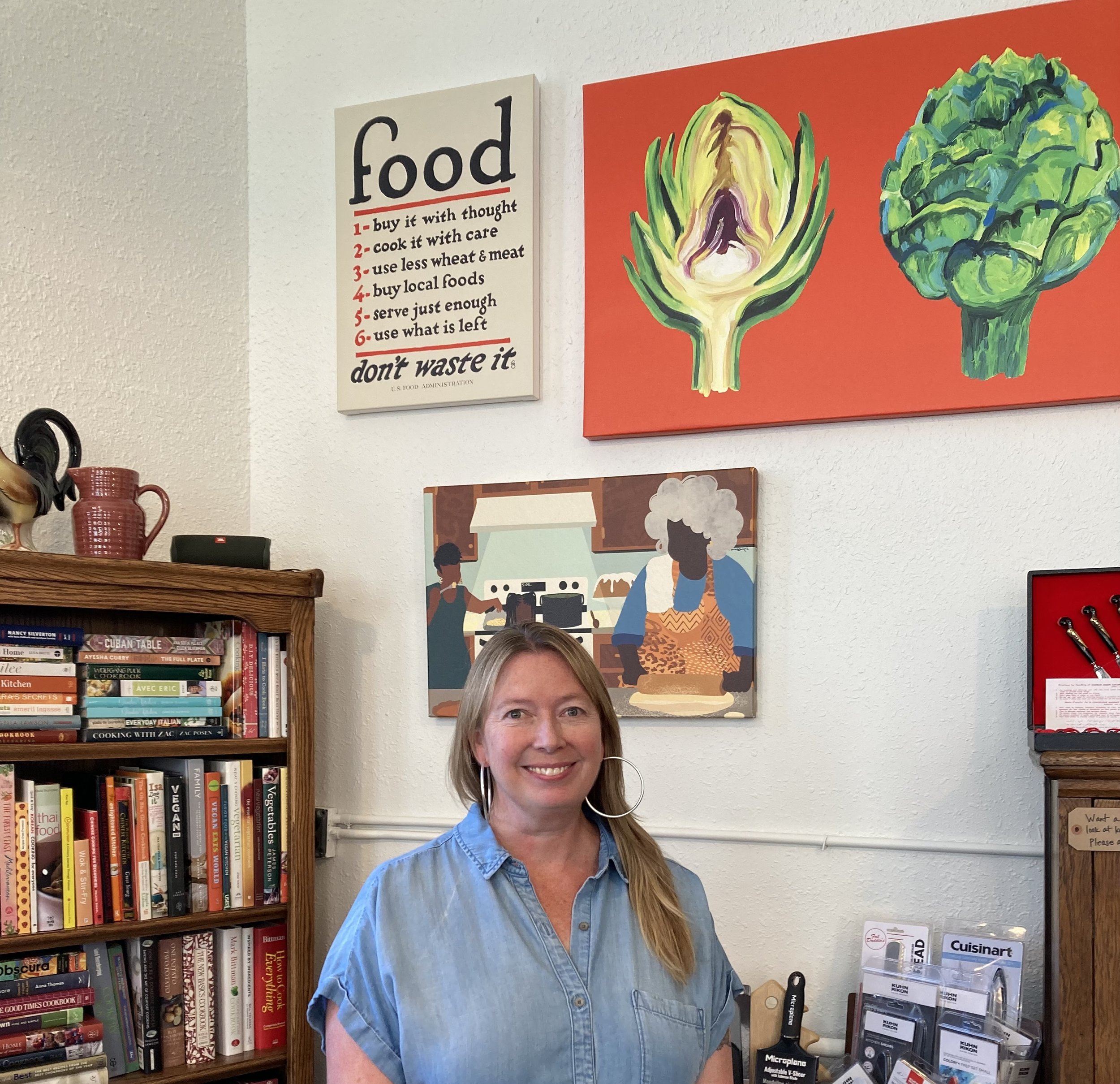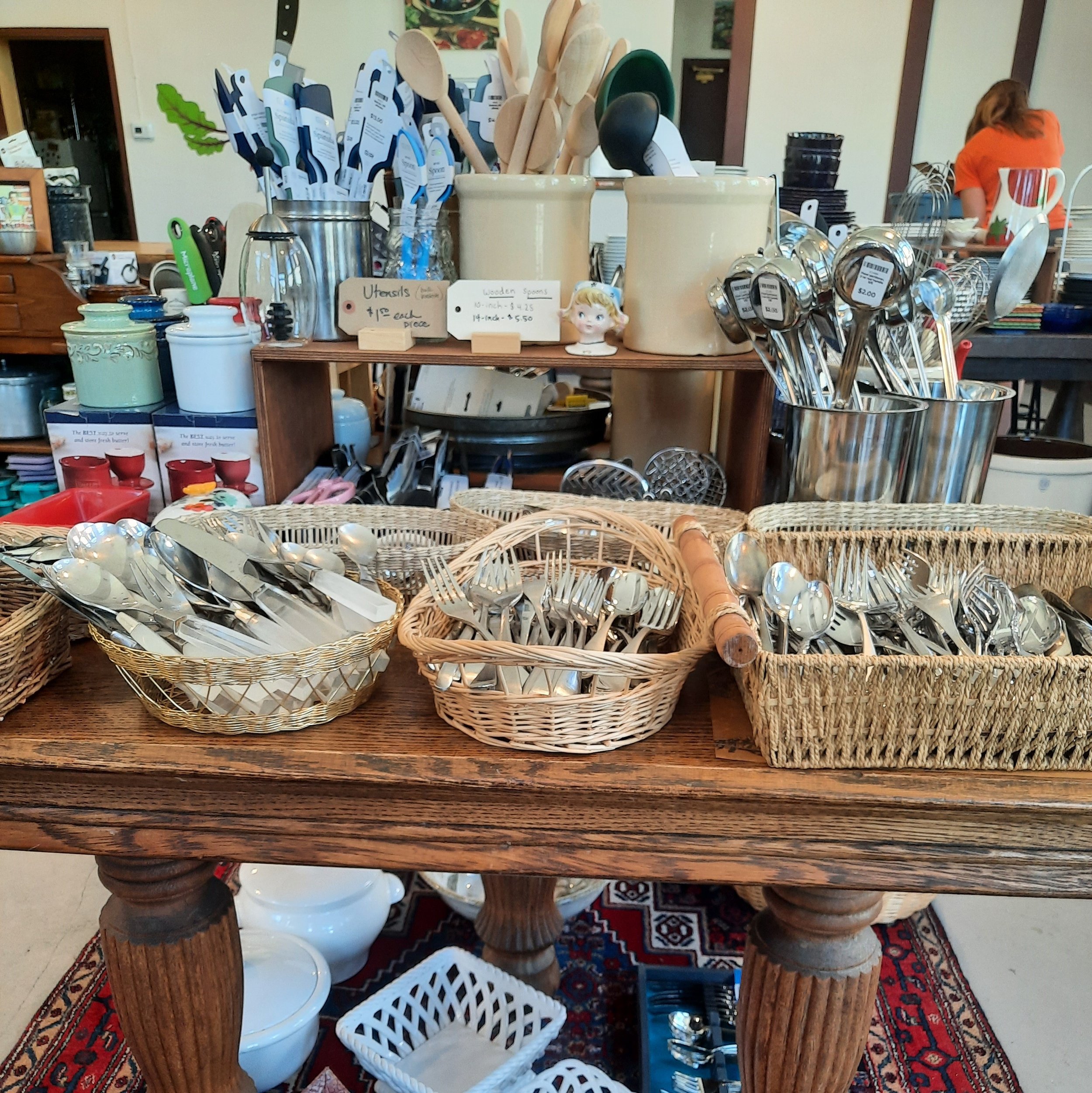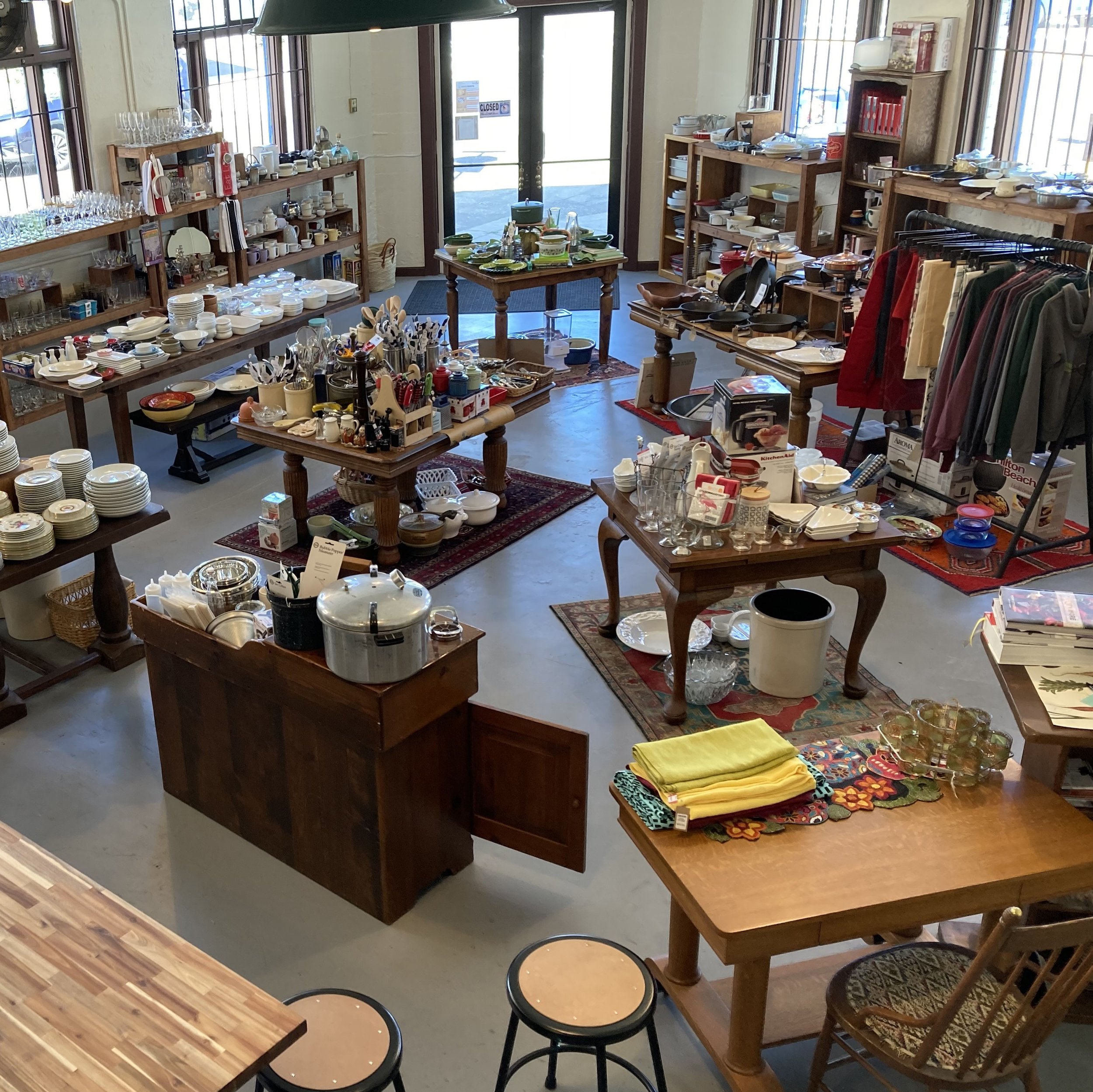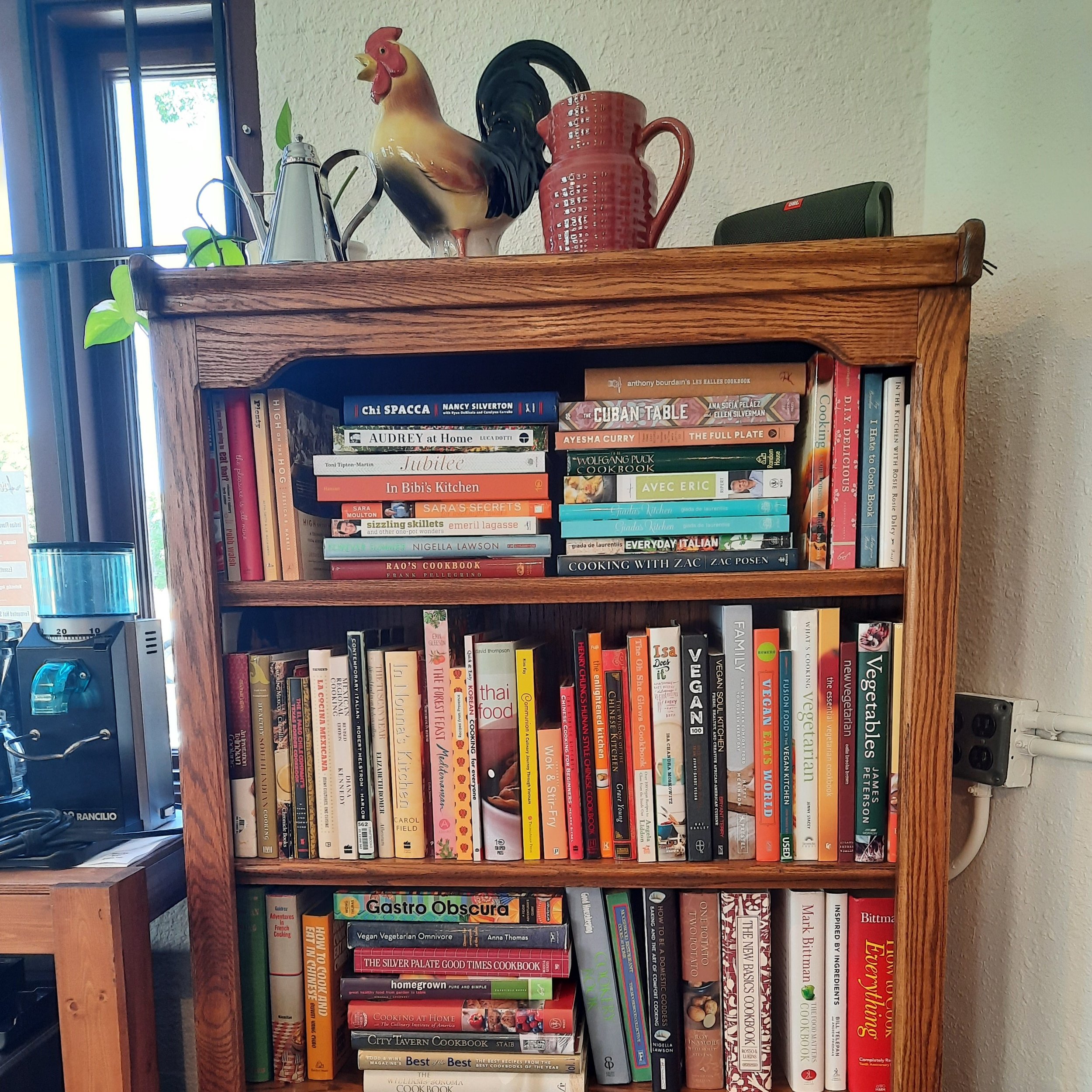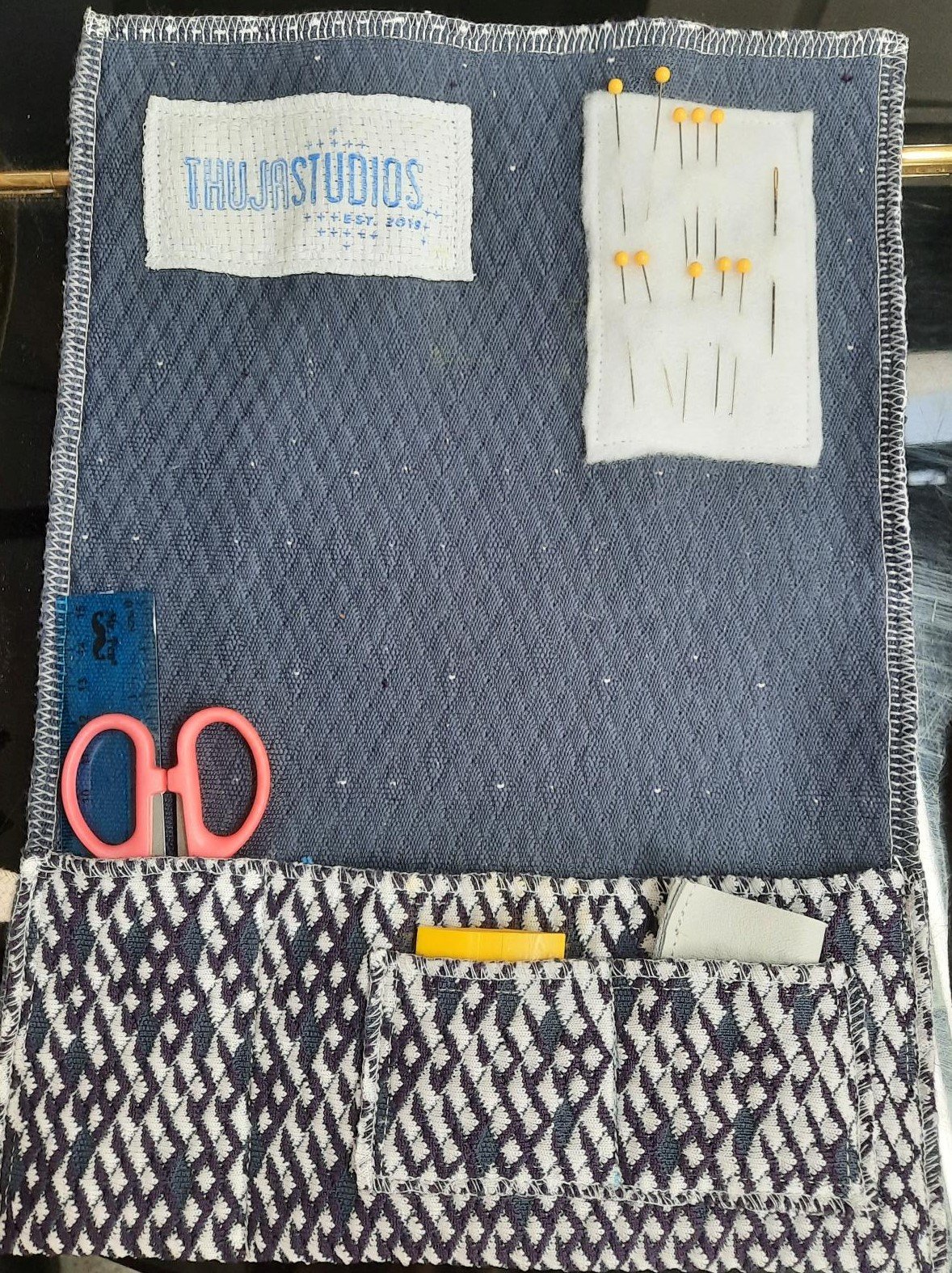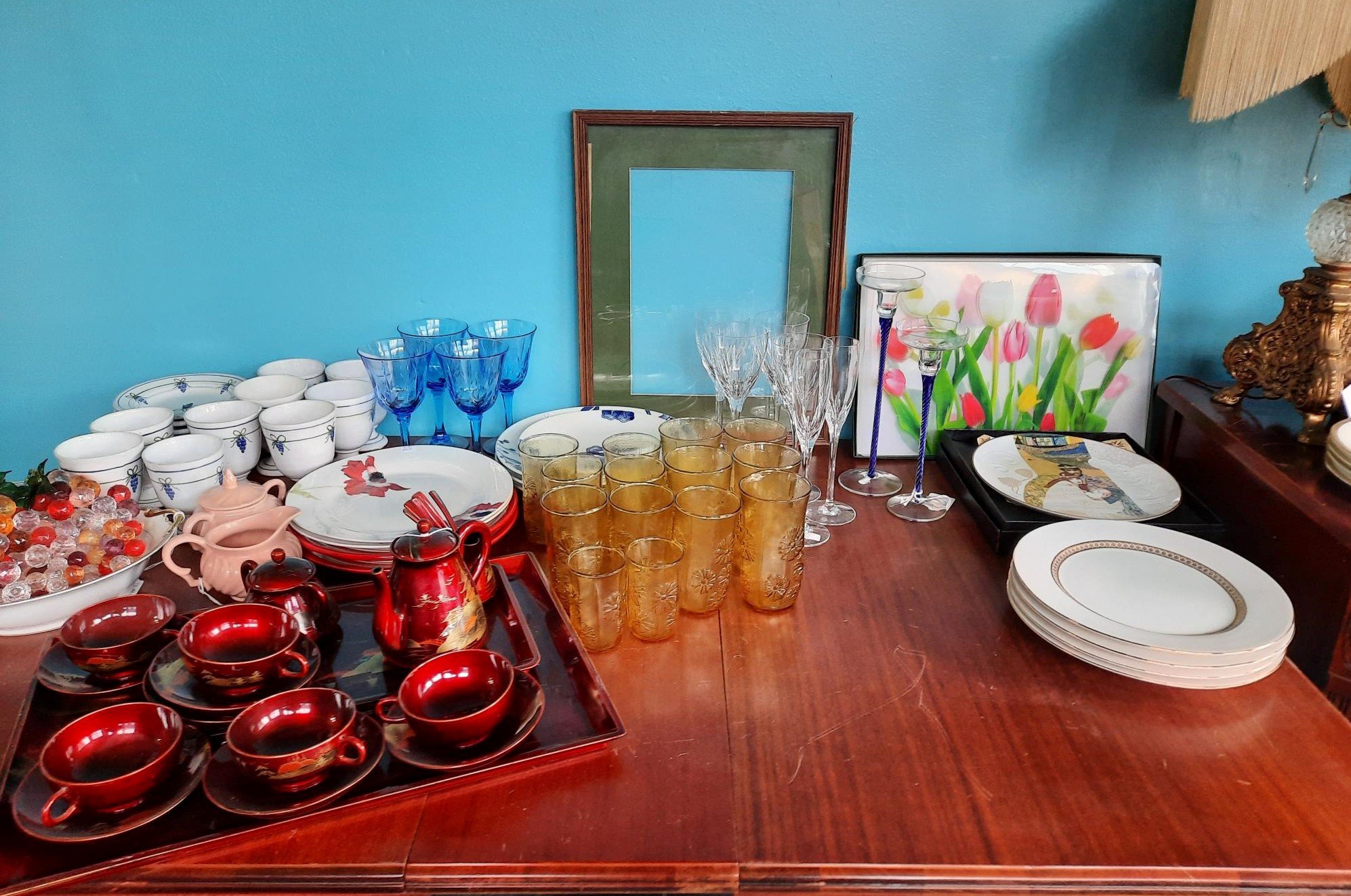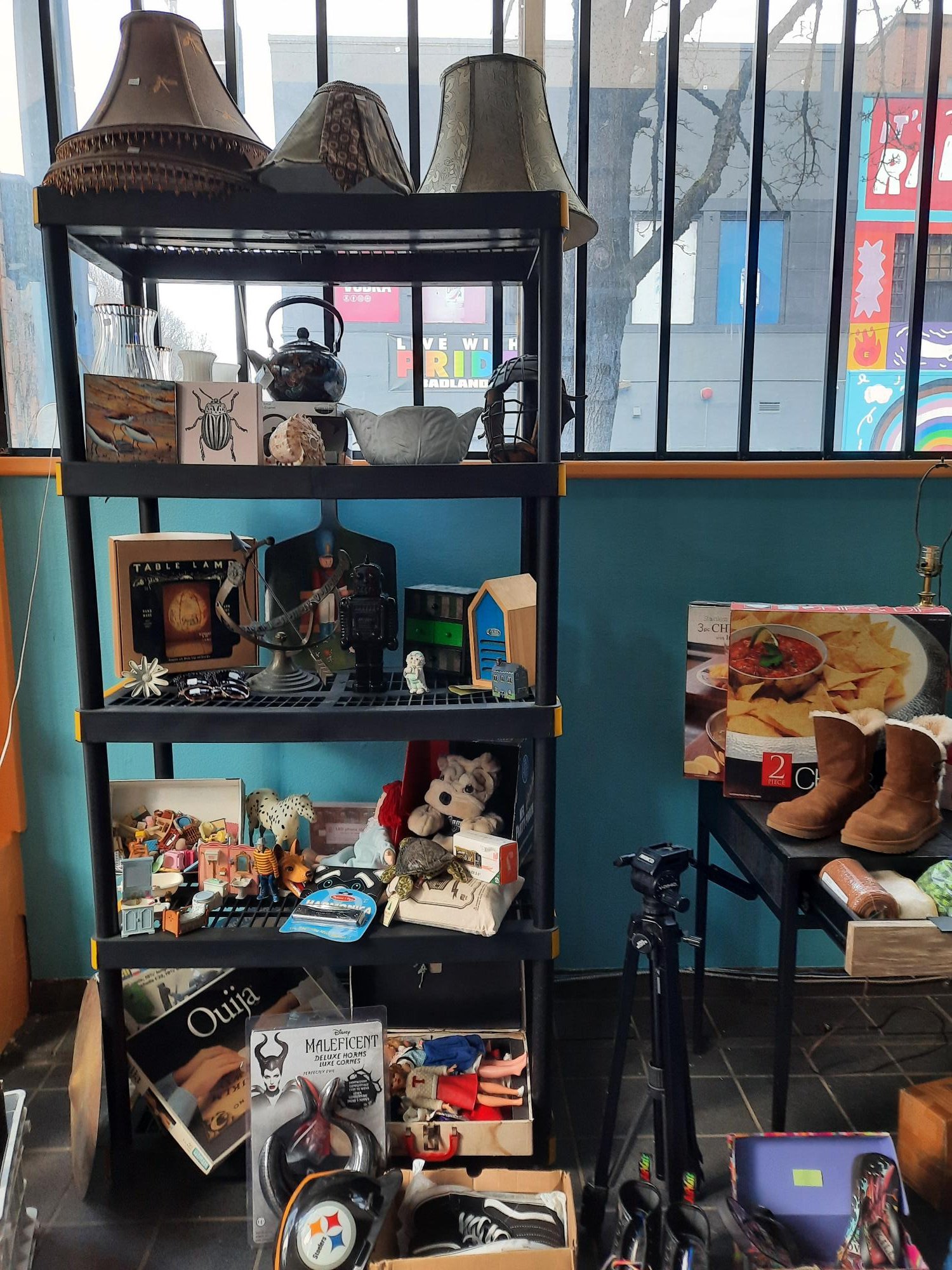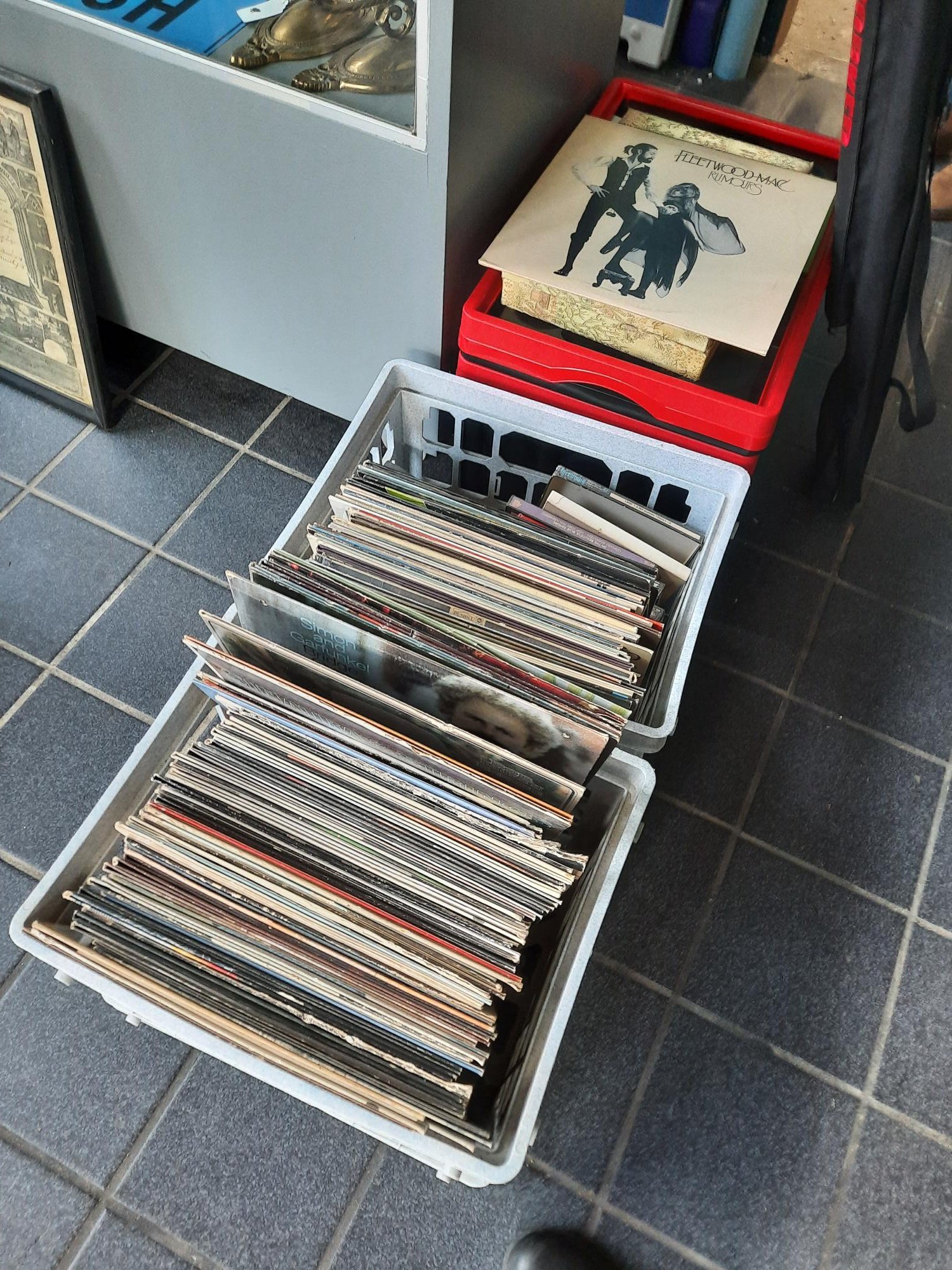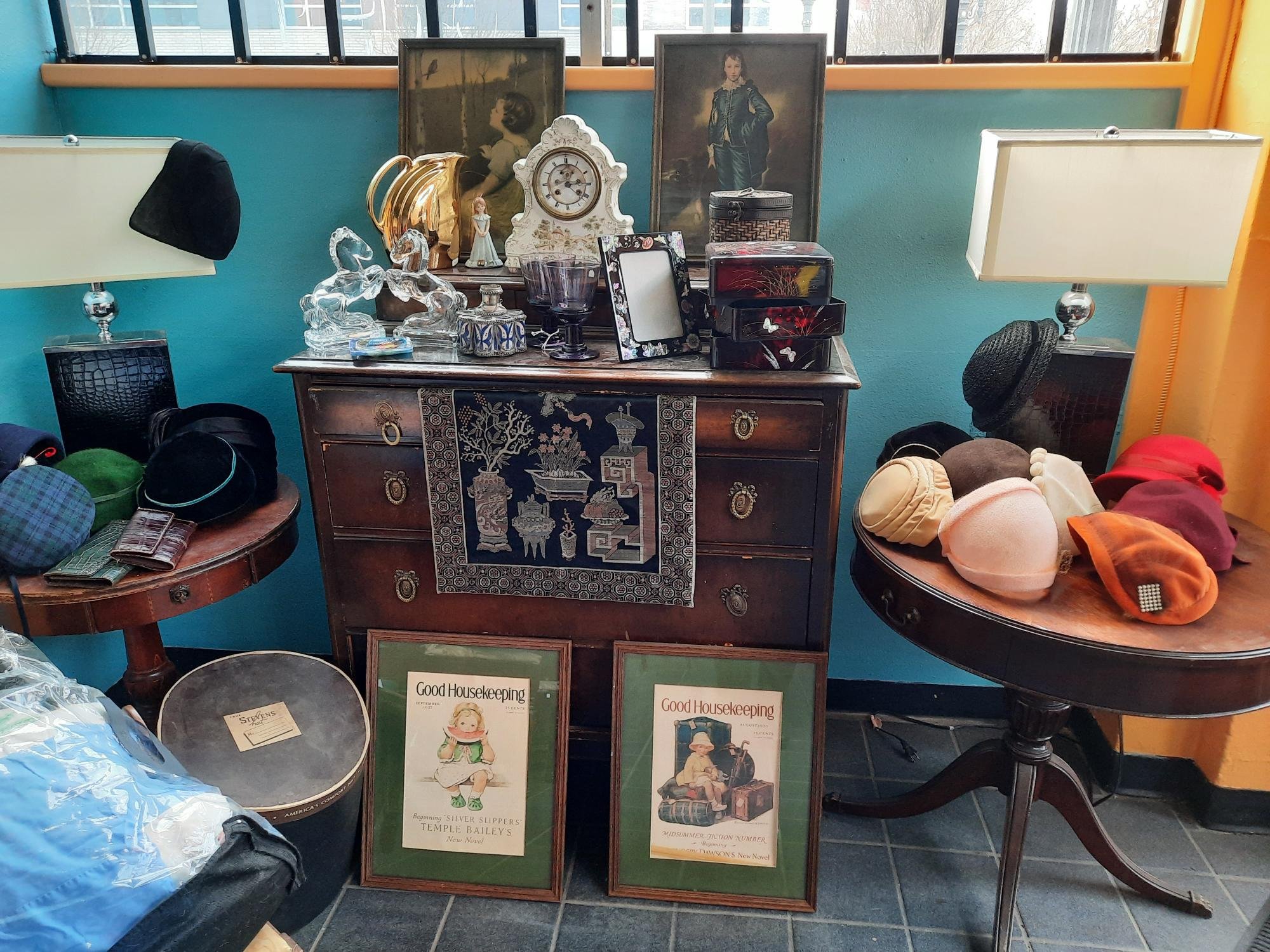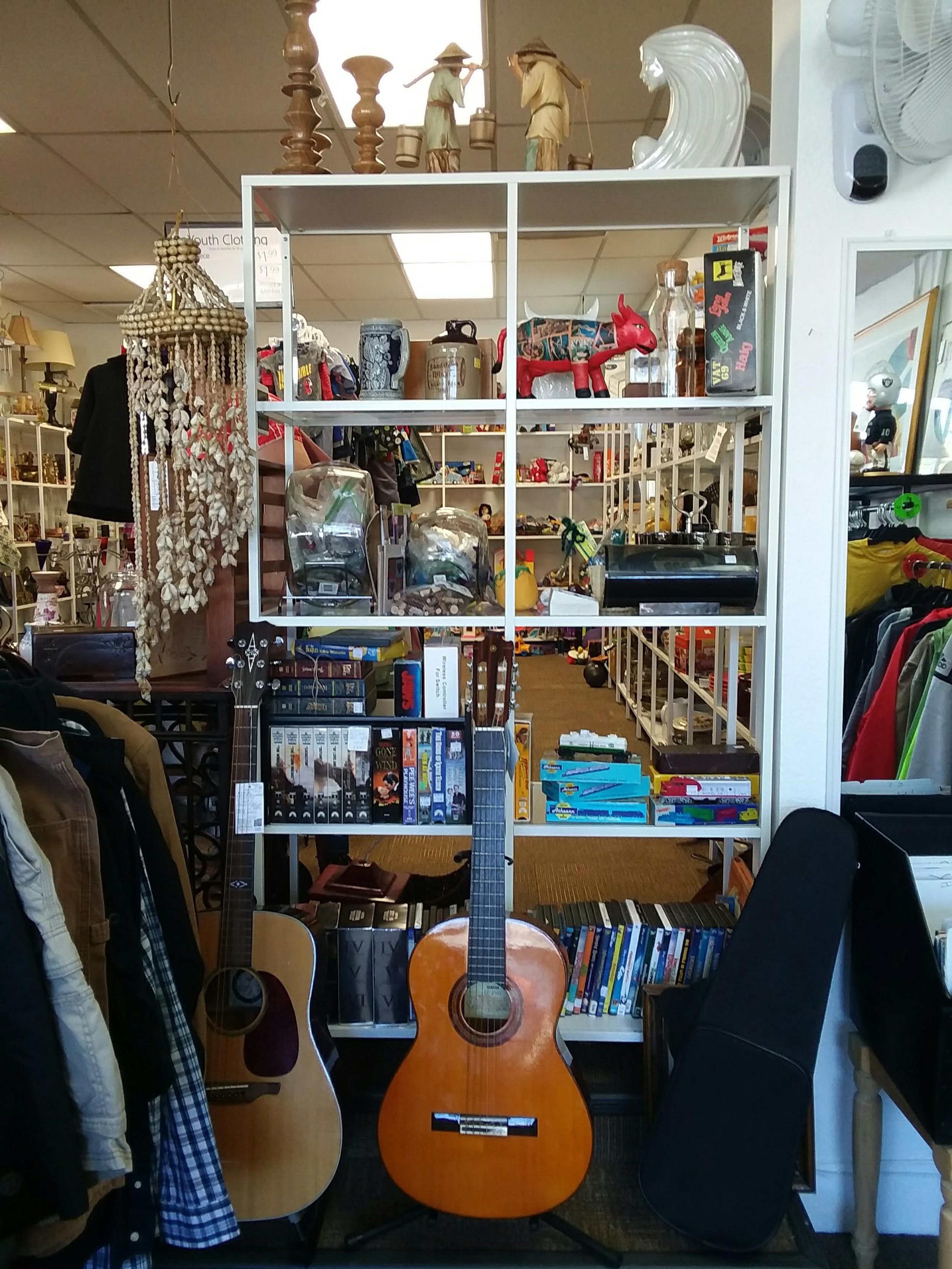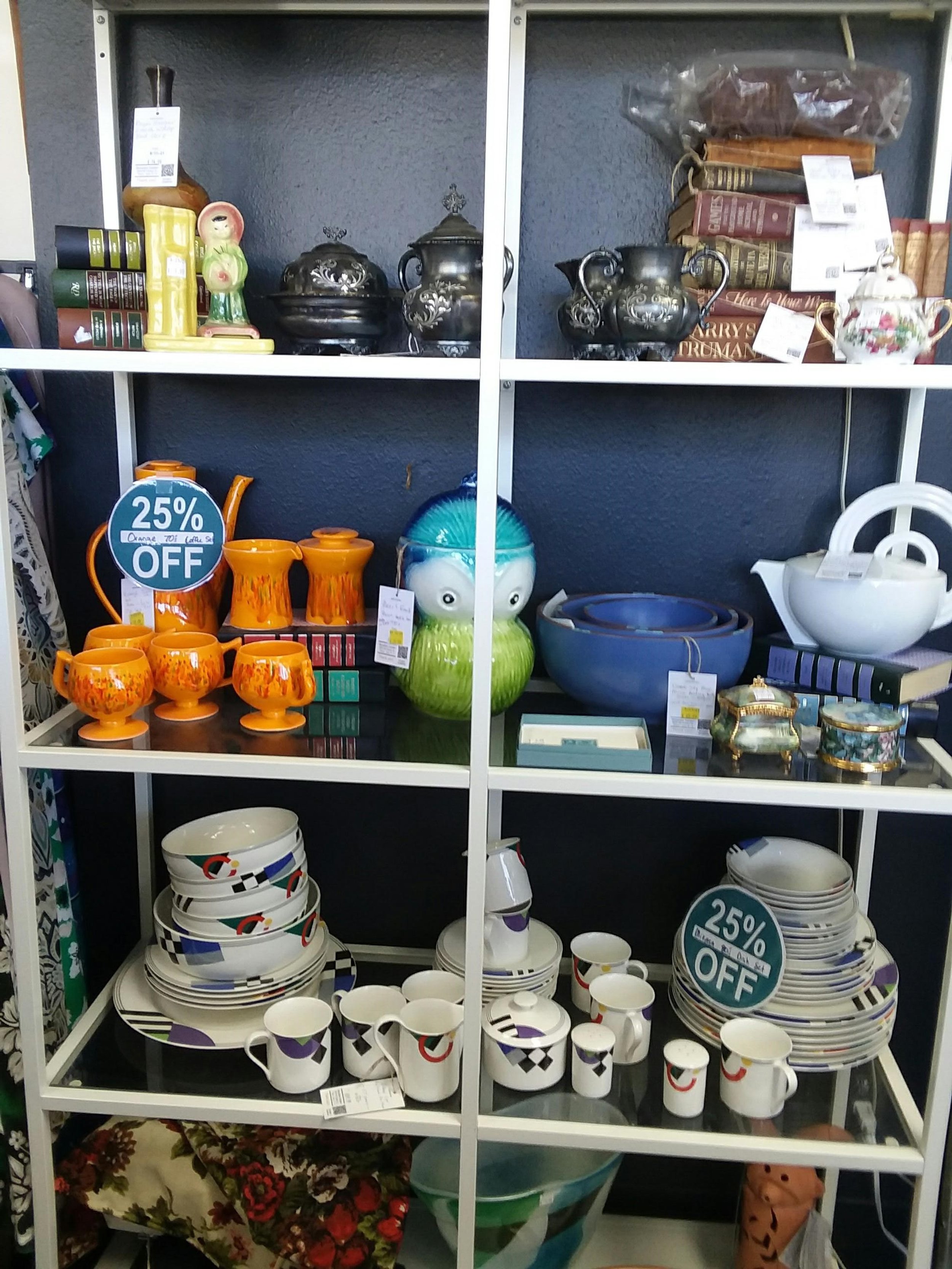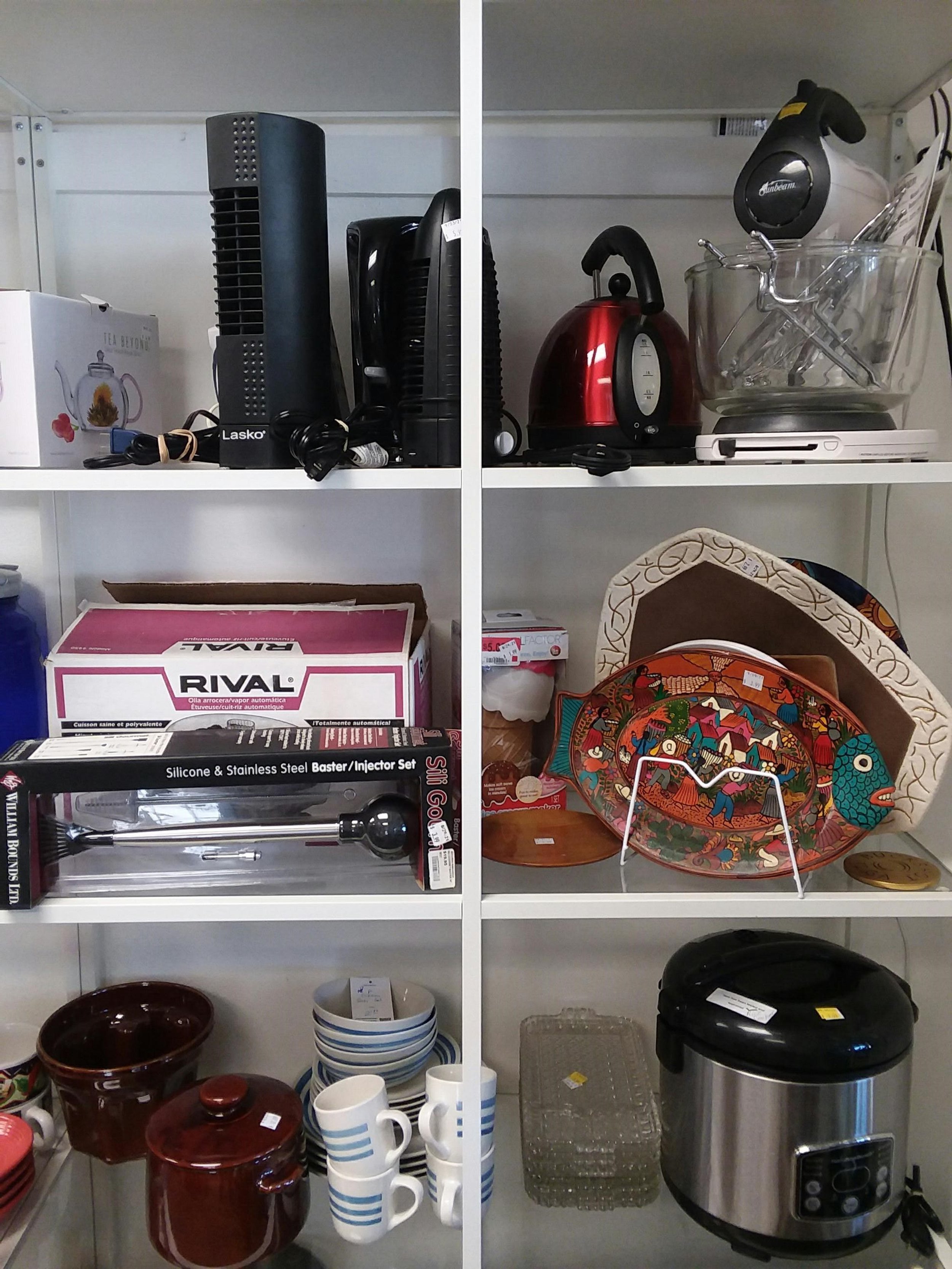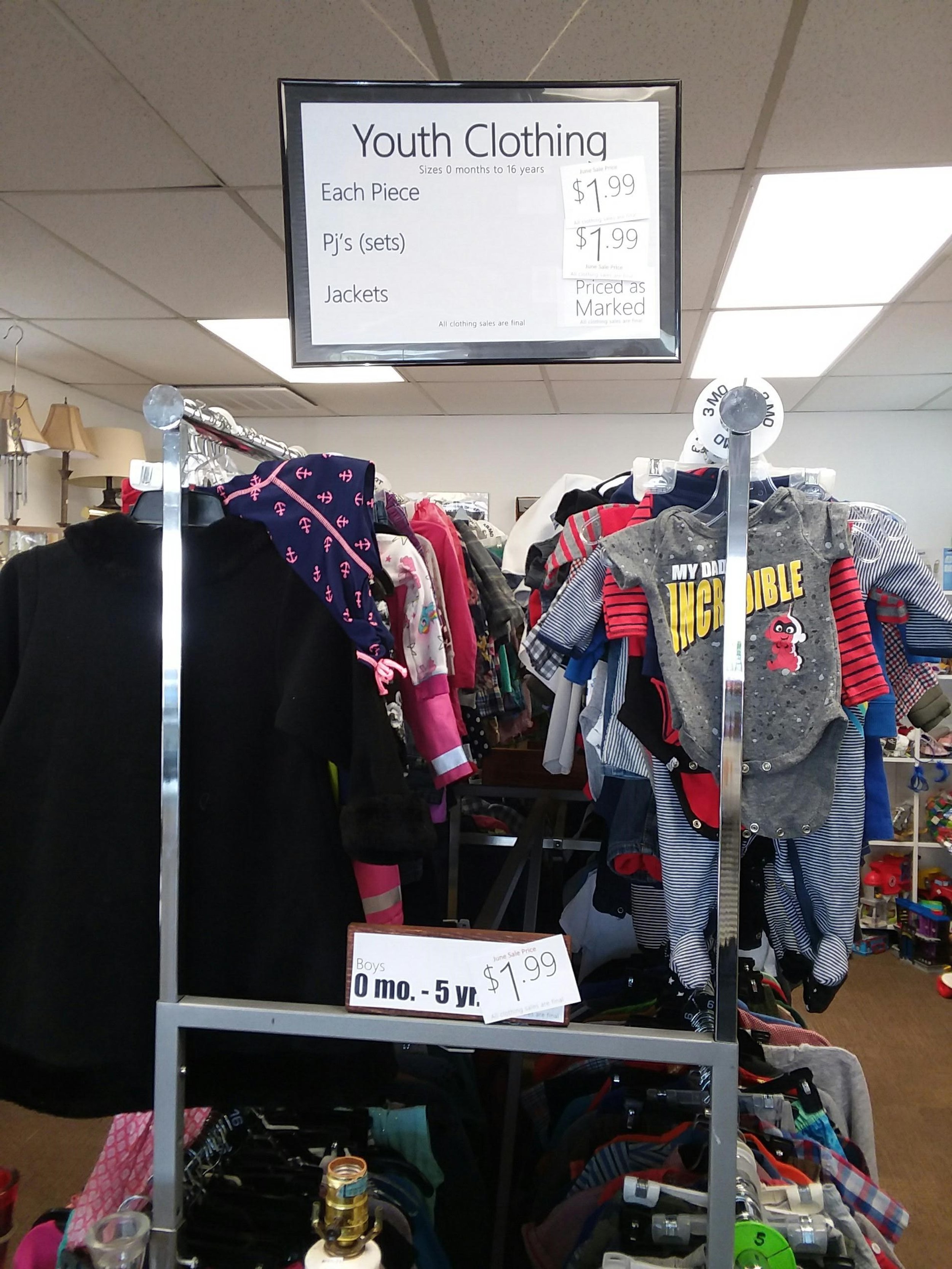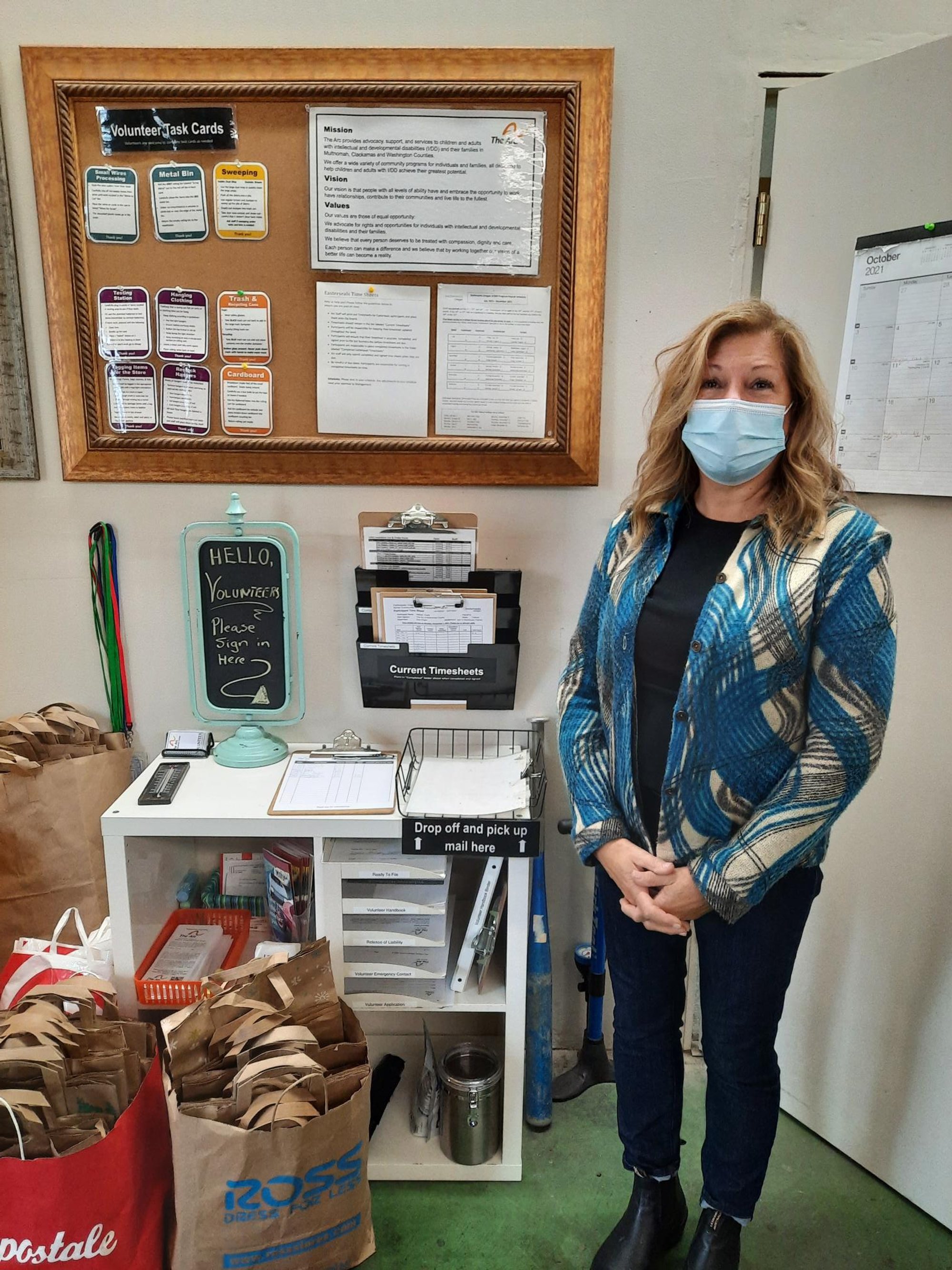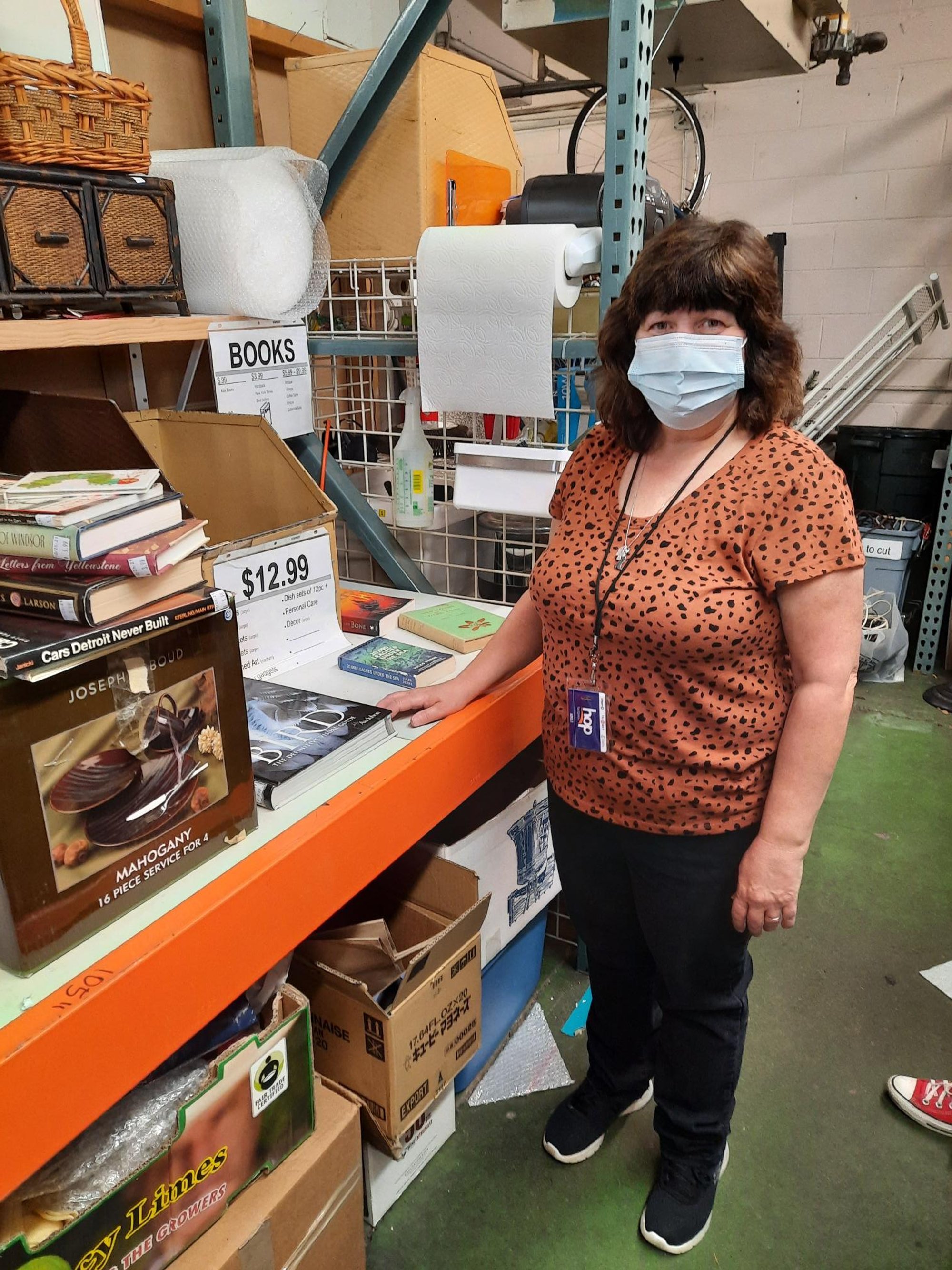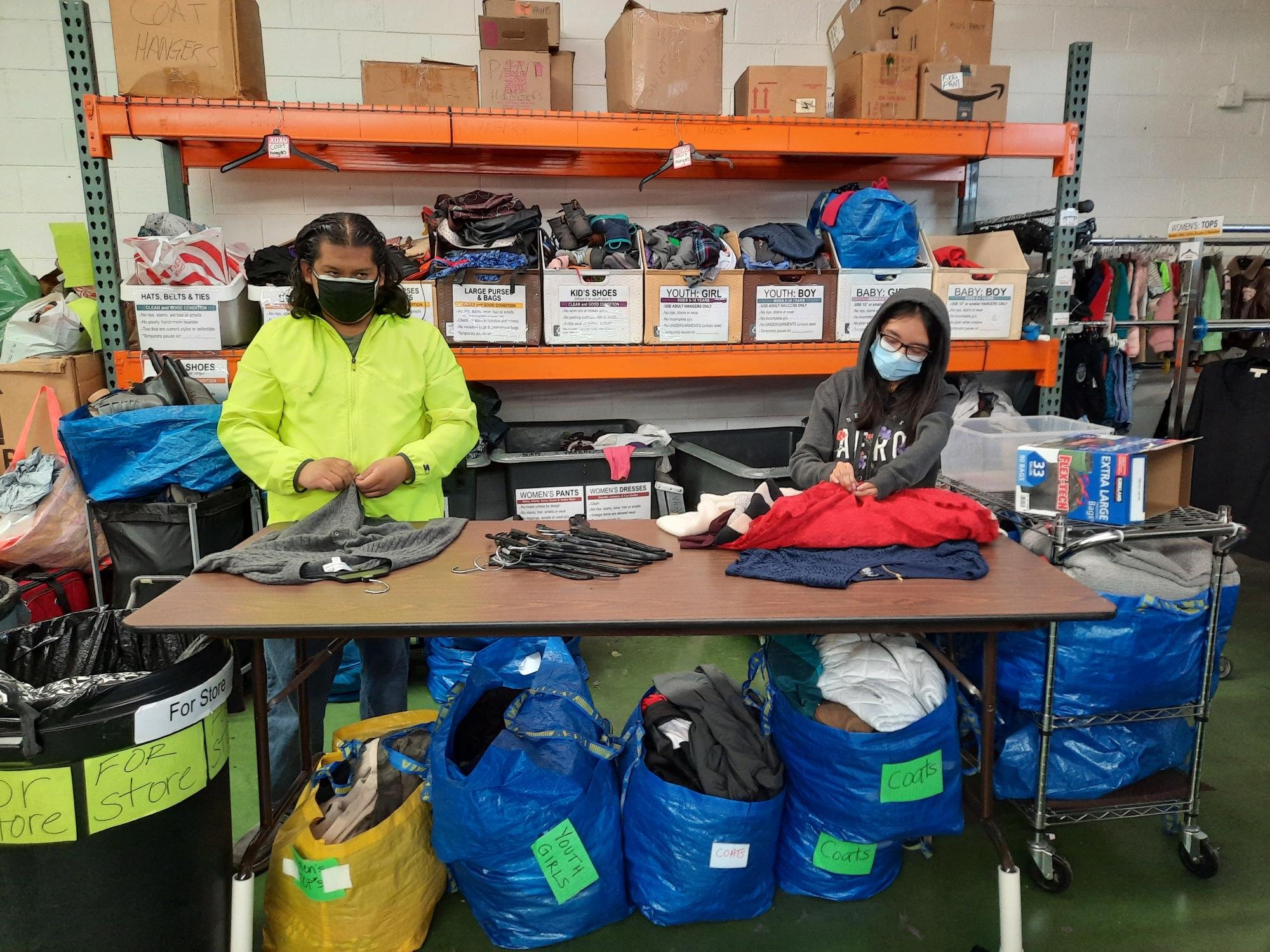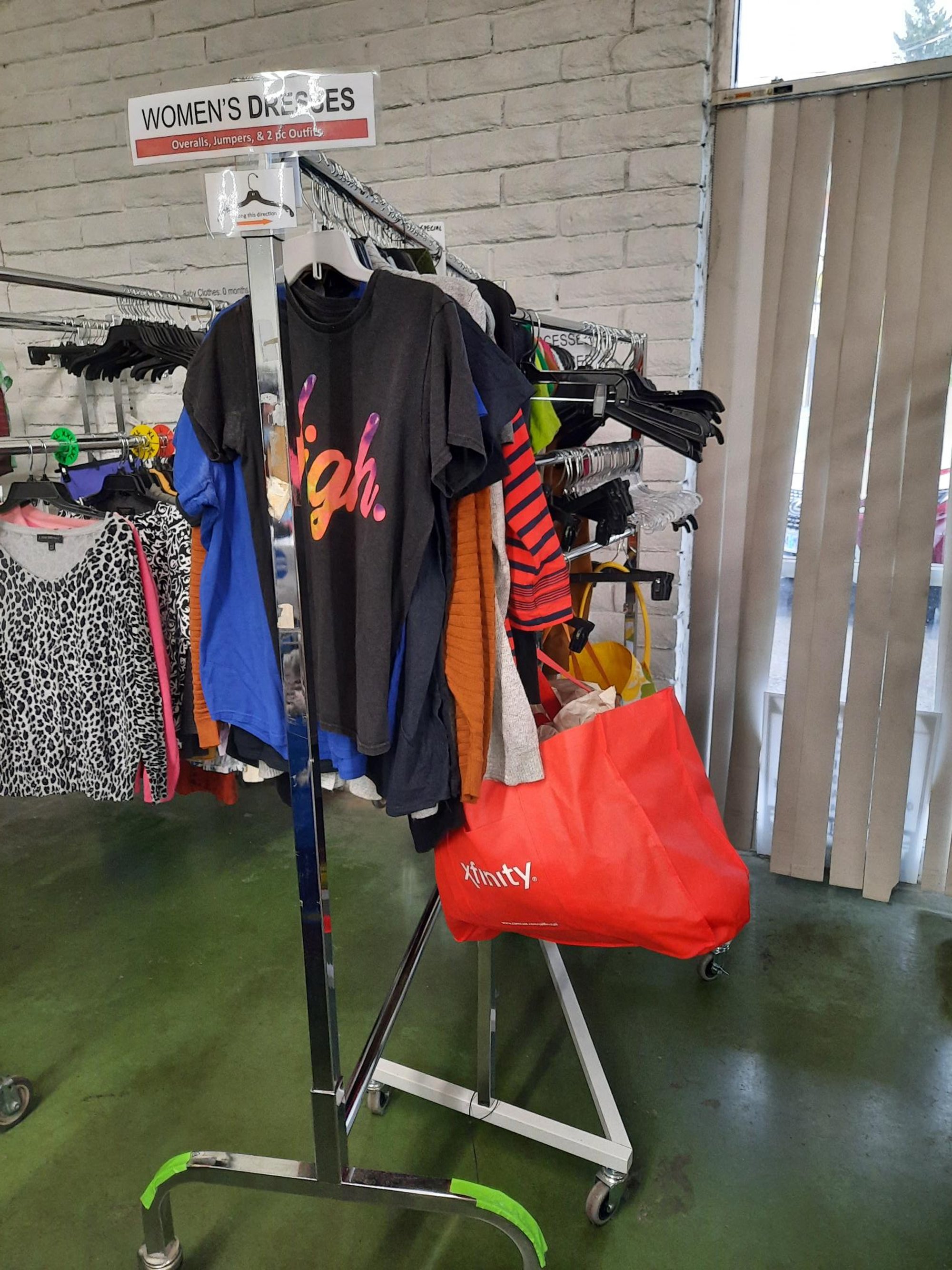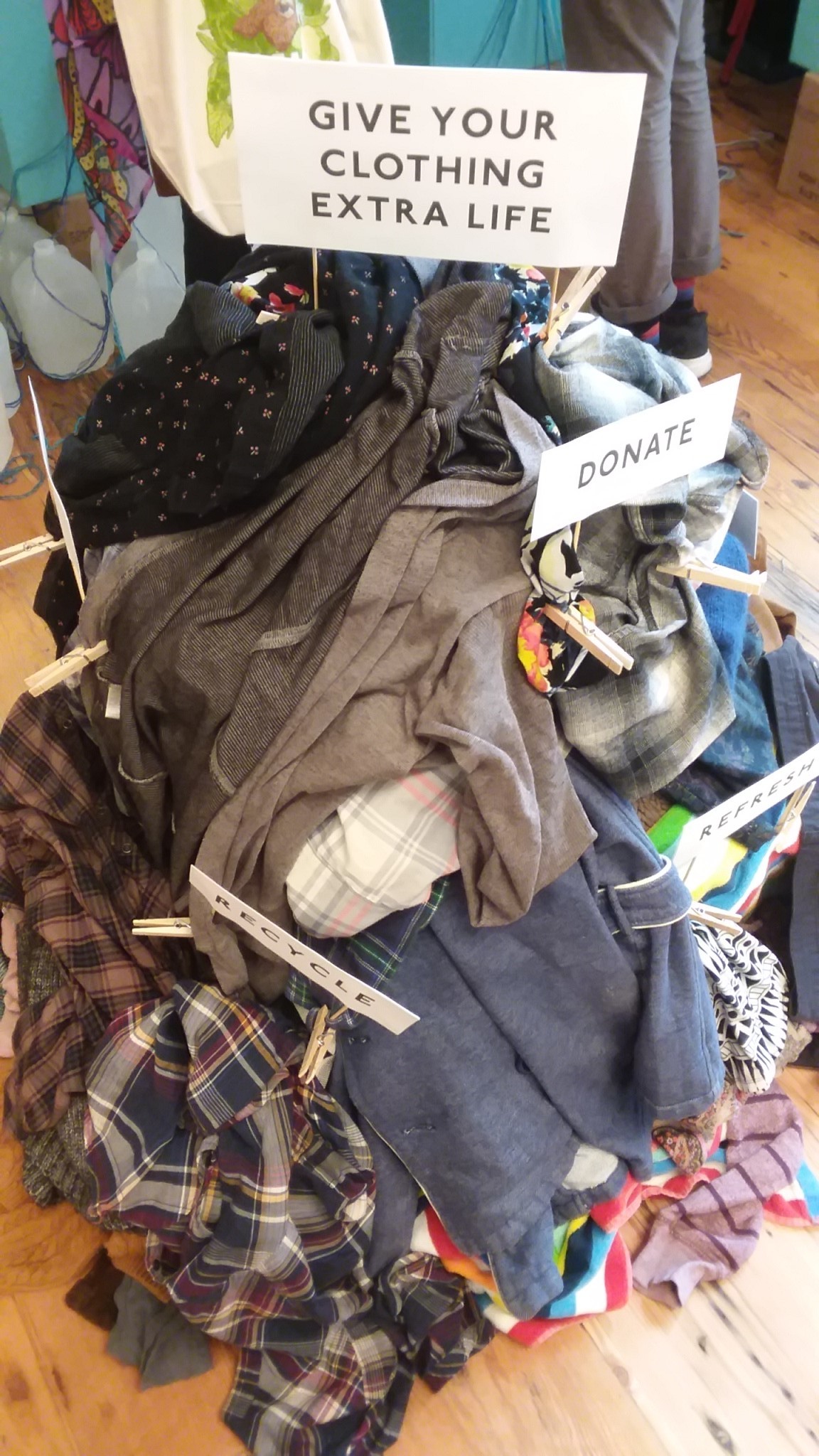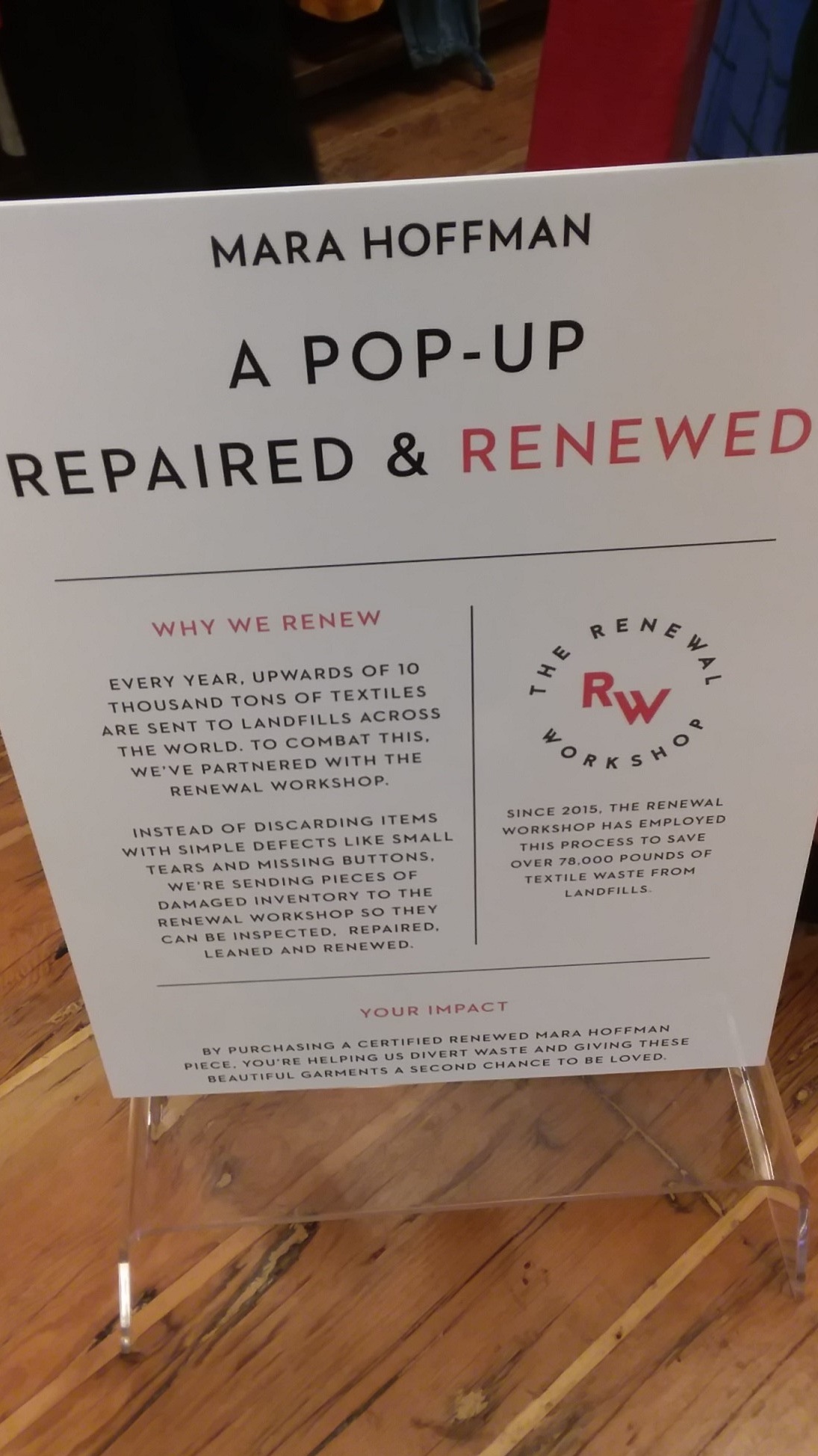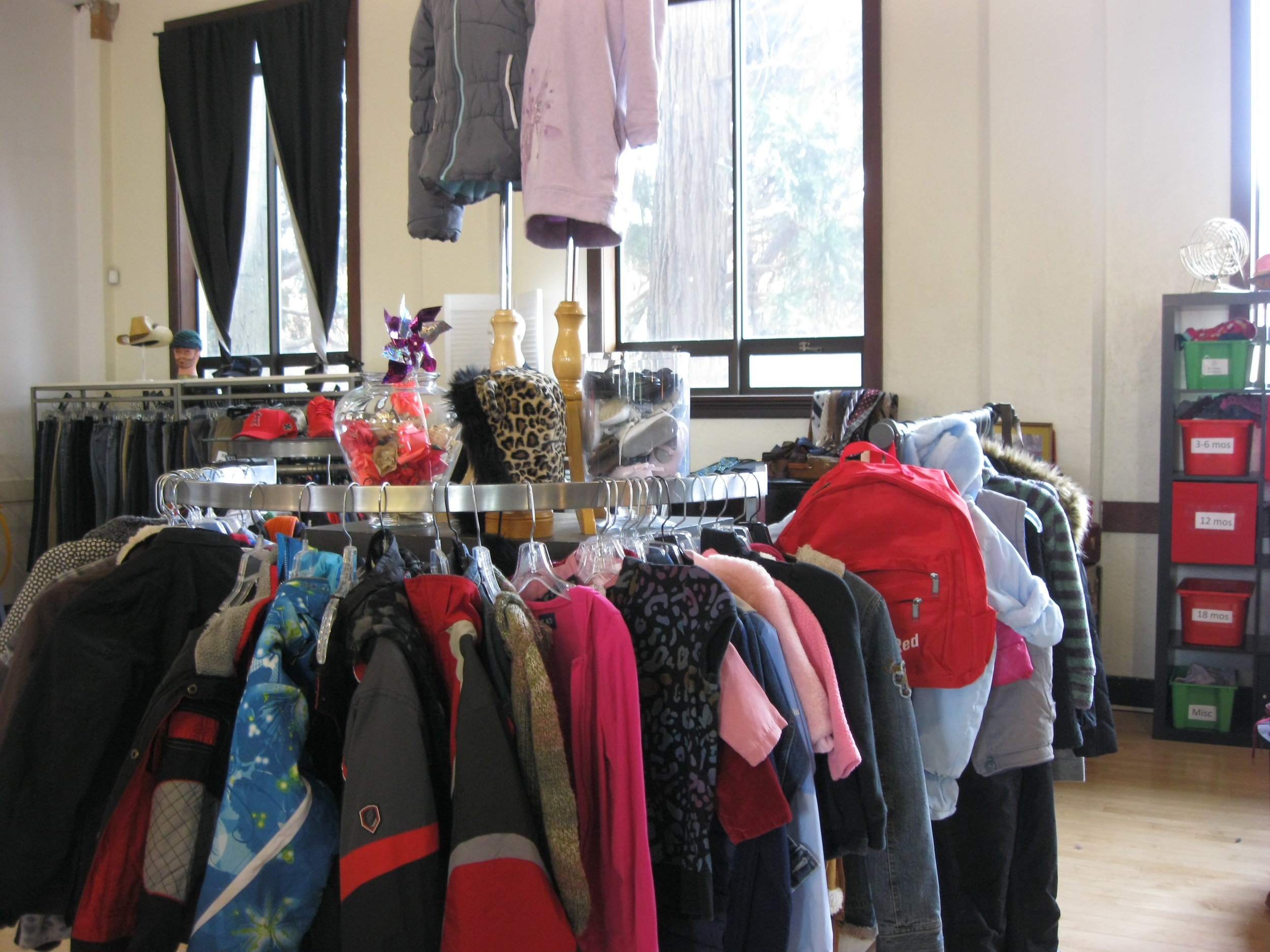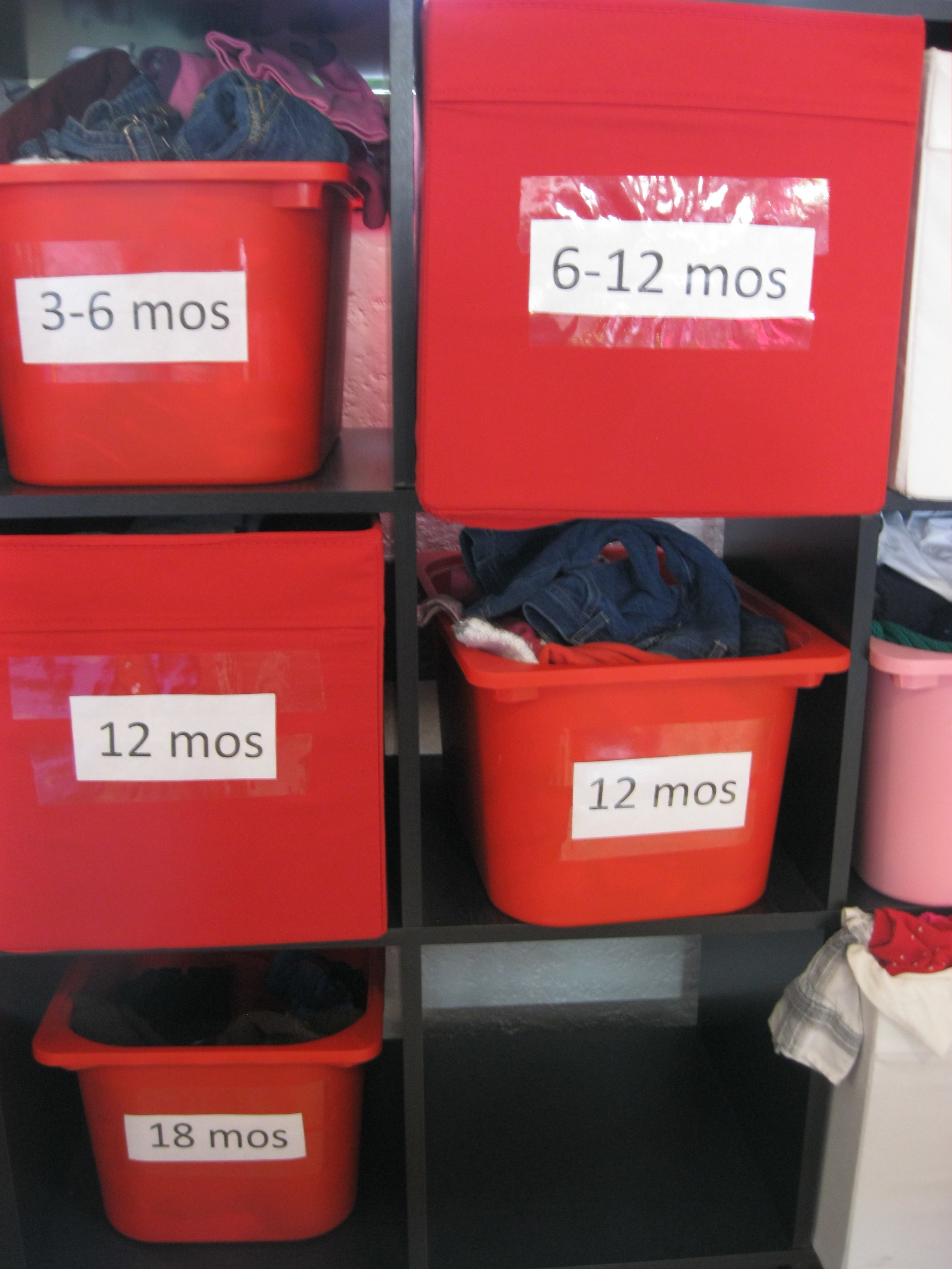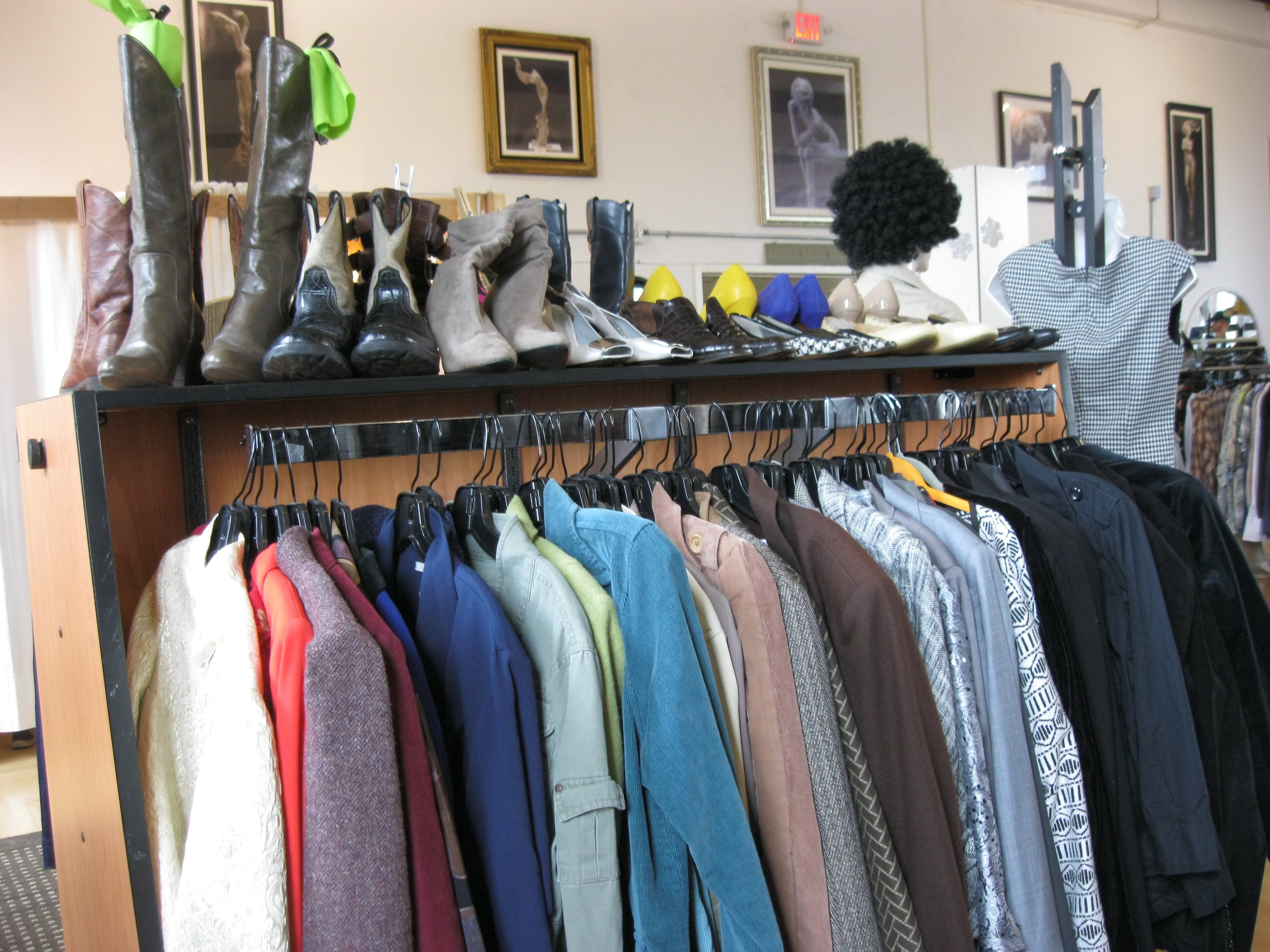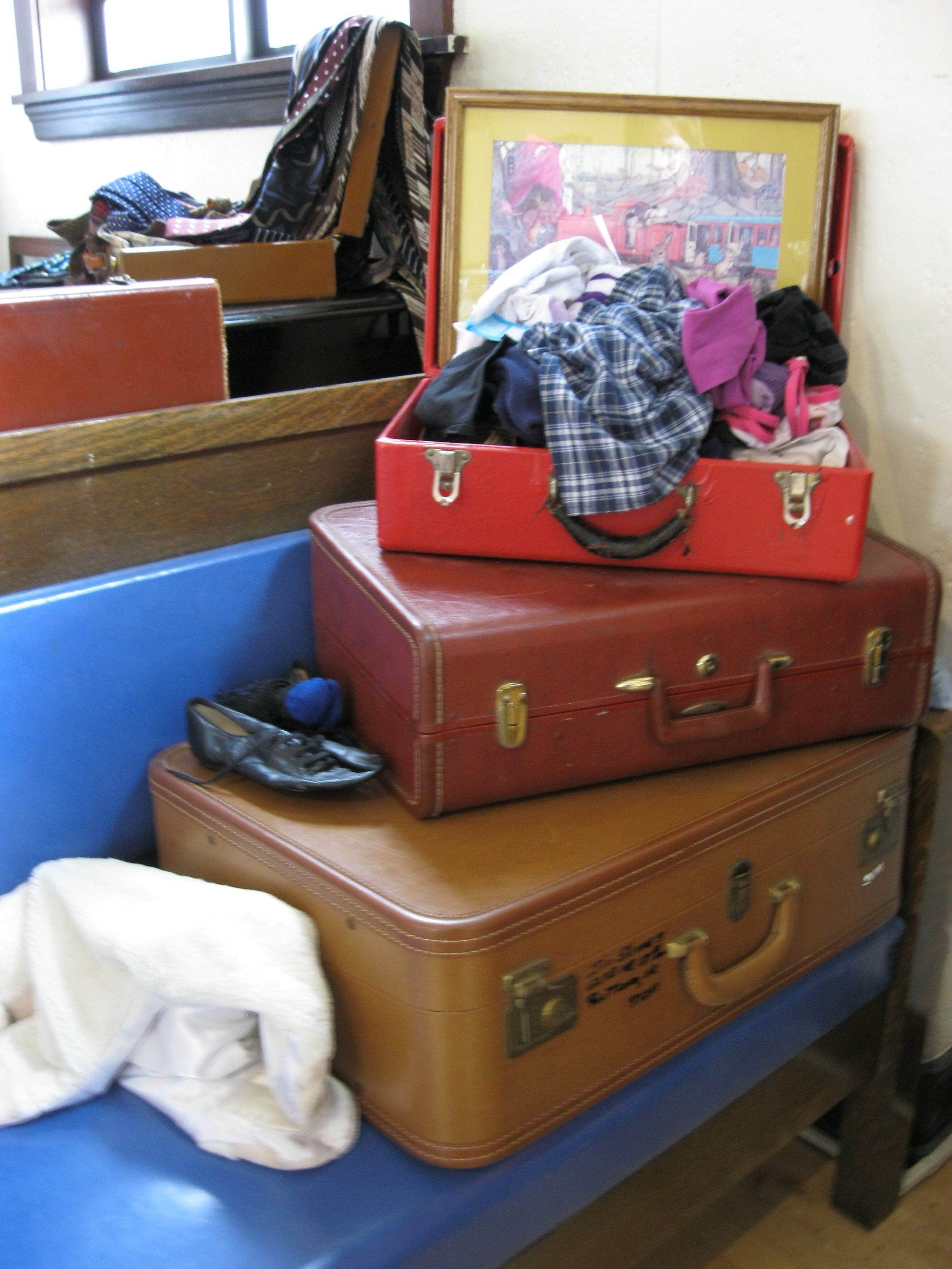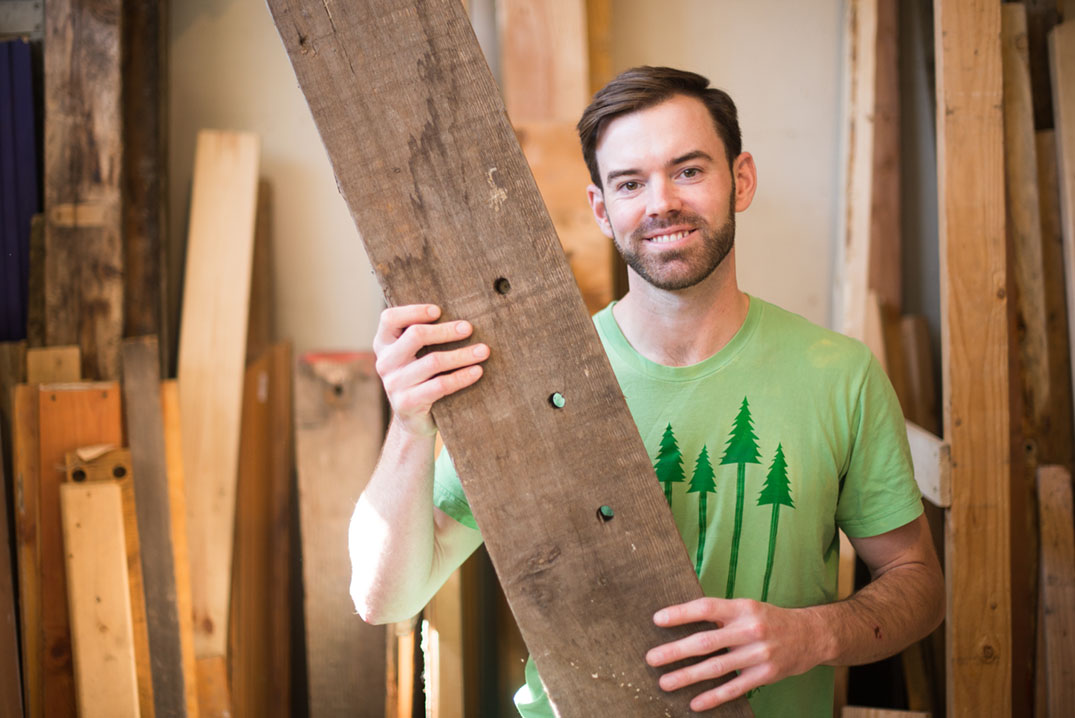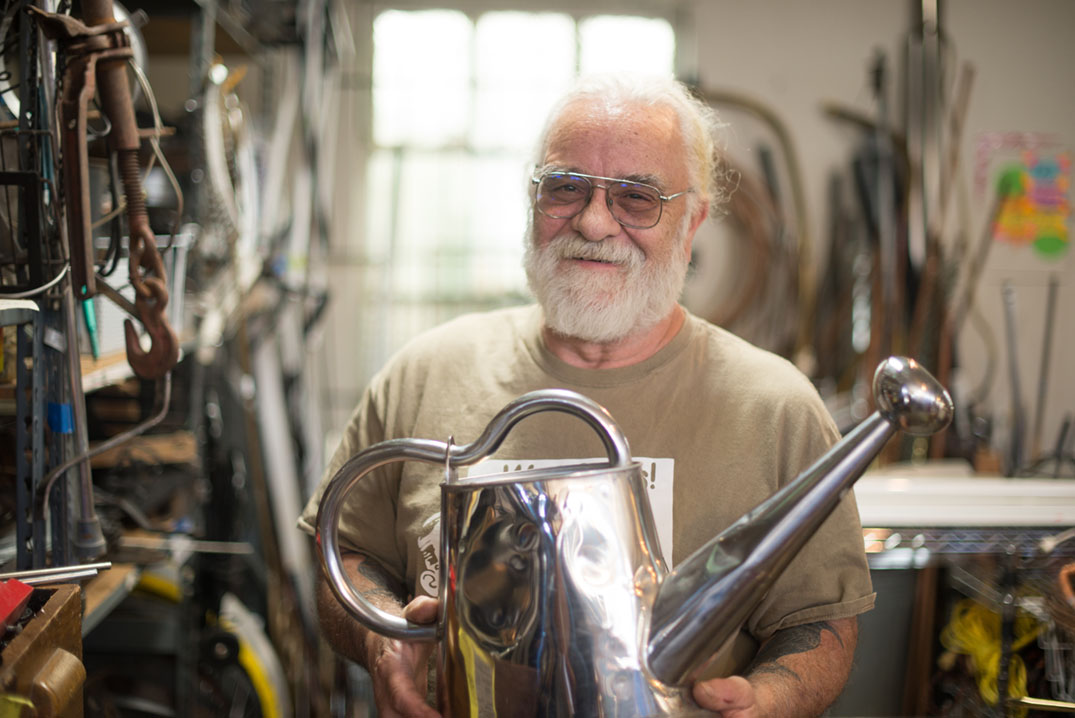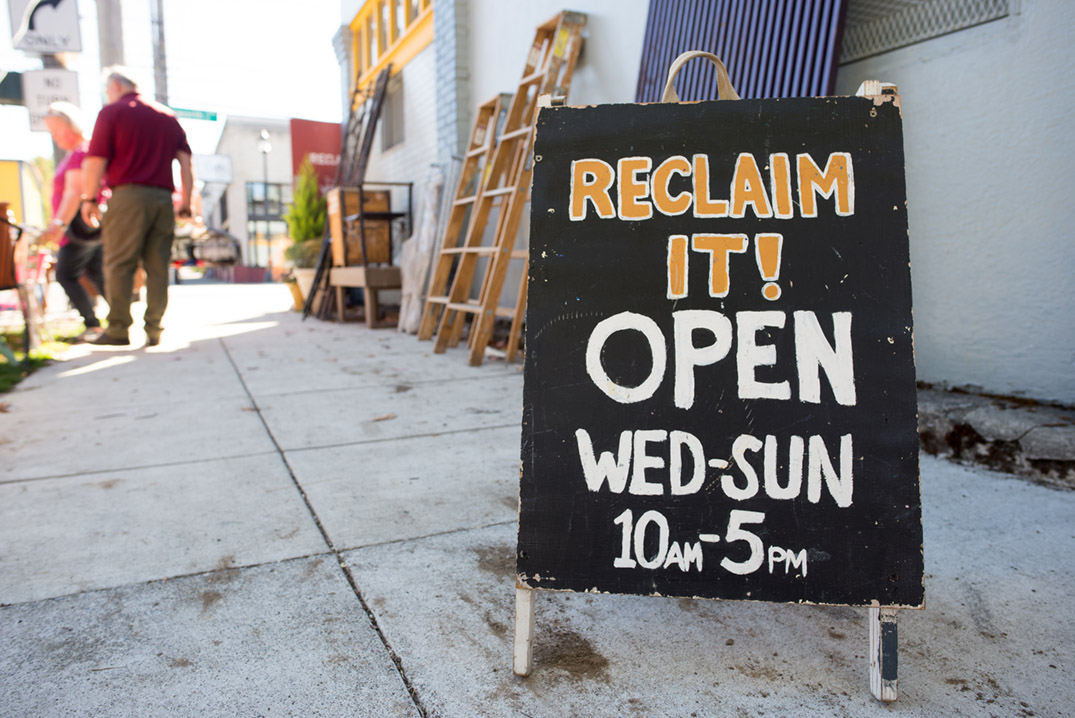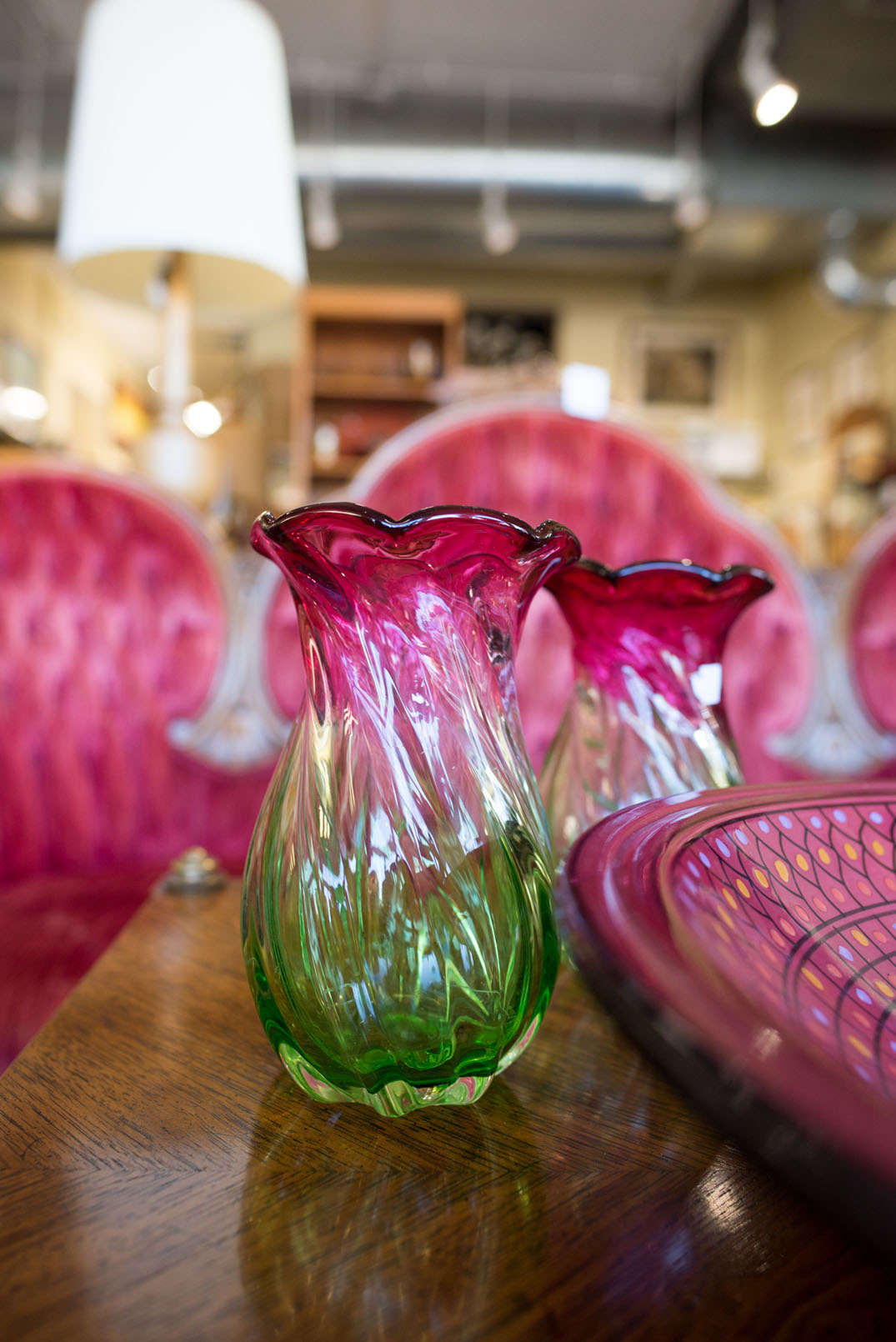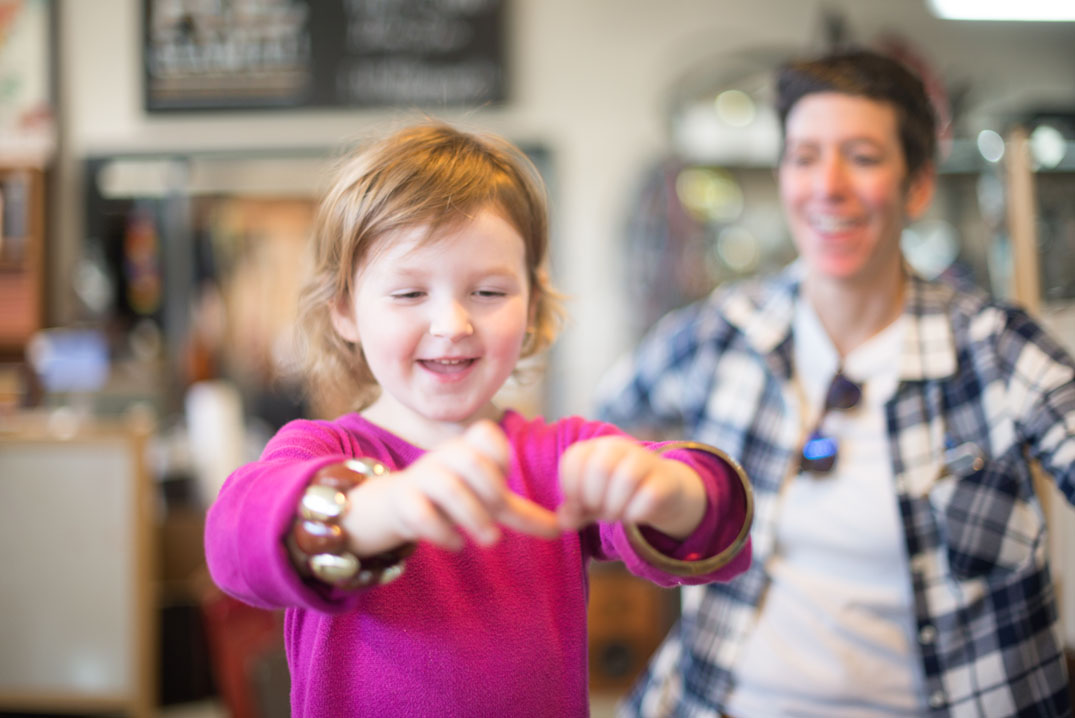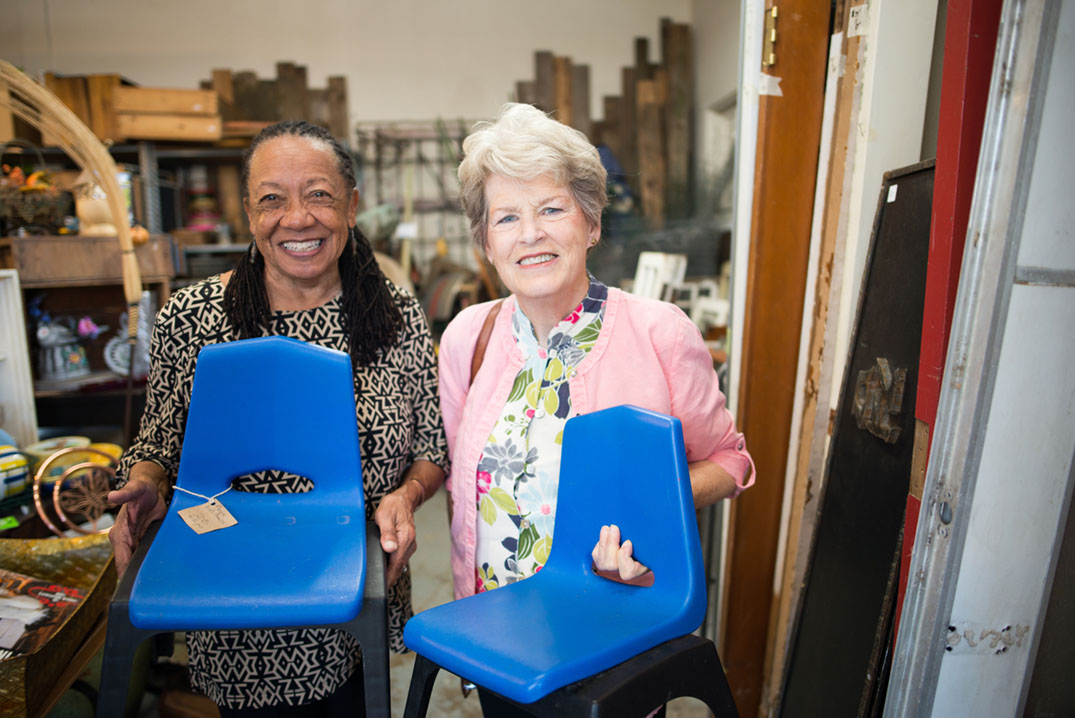For a city known for food carts and famous chefs, Portland now has a kitchen-focused consignment store, Kitchen Culture, where you can buy affordable, high-quality, used kitchenware – and sell kitchenware you don’t use.
Kitchen Culture is unique space on SE Foster Road and SE Holgate, where shoppers can find a constantly evolving selection of used and new cookware, dinnerware, glassware, kitchen tools, and cookbooks.
The store also offers cooking and preserving classes as well as conversations about vegetable gardening and food access.
Owner Traci Hildner opened Kitchen Culture in November 2022 with the thought, “I’ve shopped for used cars, music, movies, and books, so why not used kitchen supplies?”
Traci chose the name Kitchen Culture because culture holds many ideas – and it comes back to food: Where we come from, how we eat, how we approach and share food. One way Traci puts a love of sharing food into action is through cooking meals for local shelters with neighbors, through the Foster-Powell Neighborhood Association.
A great place to buy & sell quality kitchen and cookware
Kitchen Culture offers durable, functional, long-lasting, and practical items. Traci explained that she sells silverware and dishware by the piece, so people can buy what they need – whether that’s three forks or thirty.
Asked about a favorite piece to use in cooking, Traci said her cast iron skillet is her go-to item. As far as other essential pieces, “If you start with good quality kitchen tools and take care of them, most can last a lifetime.”
She recommends a good knife, butcher block, frying pan, stock pot, wooden spoons, and vegetable peeler.
Beyond those, think about how much storage your kitchen has, and what tools could help you with things you make frequently. Can opener? Lemon juicer? A good, small grater for cheese, fresh nutmeg, or lime zest?
If you’re interested in cleaning out your kitchen and earning some cash while seeing your kitchenware find a good home, Kitchen Culture is also a great place to sell your wares. Items are on consignment for 90 days, and you earn half of what the item sells for.
Food preservation
Traci has taught food preservation classes for years under the name Lucky Larder and now offers those classes at Kitchen Culture.
Her interest in food preservation started with an overabundance of vegetables. After moving from an apartment into her first house, she and her husband planted a vibrant edible garden, but it was so prolific, they couldn’t eat or give away vegetables fast enough and some went to waste.
To expand her knowledge in food preservation and fermentation, she became a Master Food Preserver and a Family Food Educator for Oregon State Extension Services in 2014.
Traci has taught preservation classes at Mt Hood and Portland Community Colleges, New Seasons Market, Portland Mercado, and various farmers markets.
Now you can find her classes under the events section of Kitchen Culture’s website. She teaches a variety of preservation classes, including canning and fermentation.
If you decide to try food preserving at home after taking a Kitchen Culture class, but aren’t quite ready to purchase a dehydrator or big canning pot of your own, you can always borrow one from Kitchen Share, Portland’s kitchen tool lending library. Then if you fall in love with jamming, pickling, or fermenting, you can head back to Kitchen Culture to stock up on your own supplies.
Learn more
Check Kitchen Culture's website for hours and to learn more about their classes and sign up for their newsletter.
Or visit in person: 6300 SE Foster Road, Suite A, Portland, Wednesday through Sunday.




